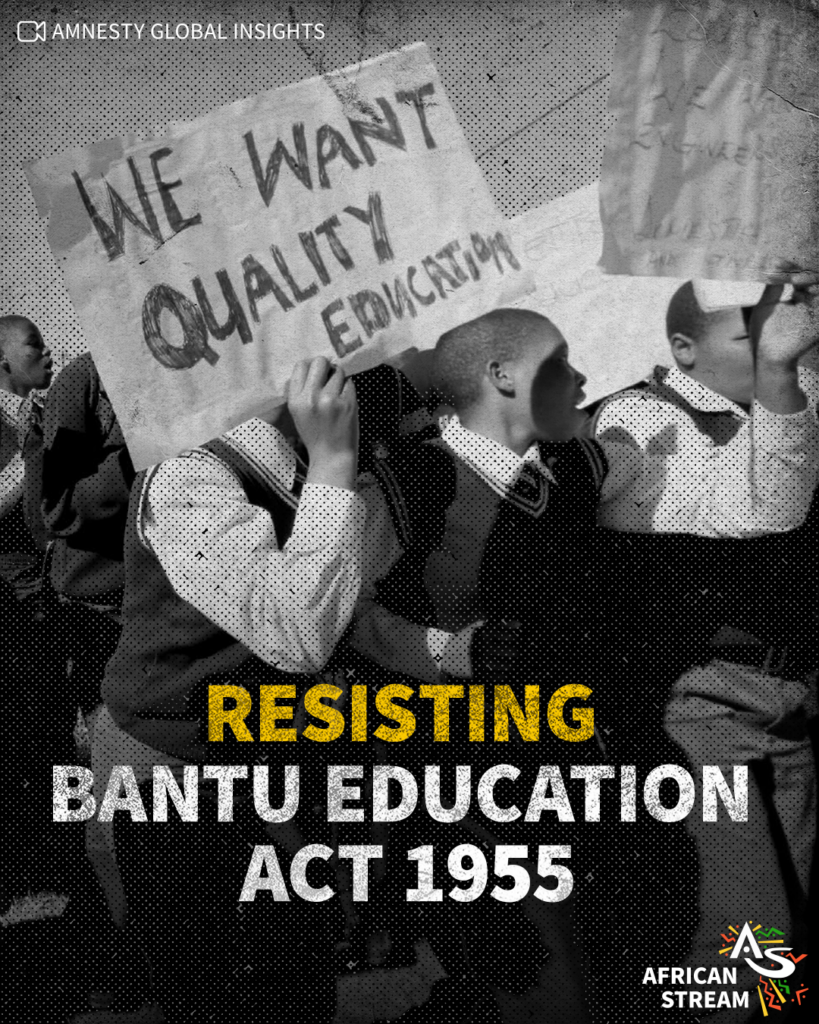On April 1st, 1955, the African National Congress (ANC) appealed to South African parents to withdraw their children from schools. It was in protest against the so-called Bantu Education Act the apartheid regime had passed two years earlier as it ramped up its oppression of Black people. It introduced an inferior curriculum for Black students, further segregating the education system, and essentially condemning them to menial jobs.

The man behind the act was future Prime Minister Hendrik Frensch Verwoerd. At the time he was minister of native affairs and infamously said: ‘When I have control of Native education I will reform it so that Natives will be taught from childhood to realise that equality with Europeans is not for them.’
Despite thousands of pupils initially staying away from schools nationwide, the campaign generally received a lukewarm response and in 1956 the ANC called it off. However, opposition to the Bantu Education Act continued to simmer and exploded two decades later.
The regime insisted schools should teach in Afrikaans – a language widely associated with the apartheid government. It sparked peaceful student protests, but they were violently suppressed by government forces. At least 176 demonstrators were killed and over a thousand more injured. The massacre sent shockwaves across the globe and laid bare the brutality of the apartheid regime.
